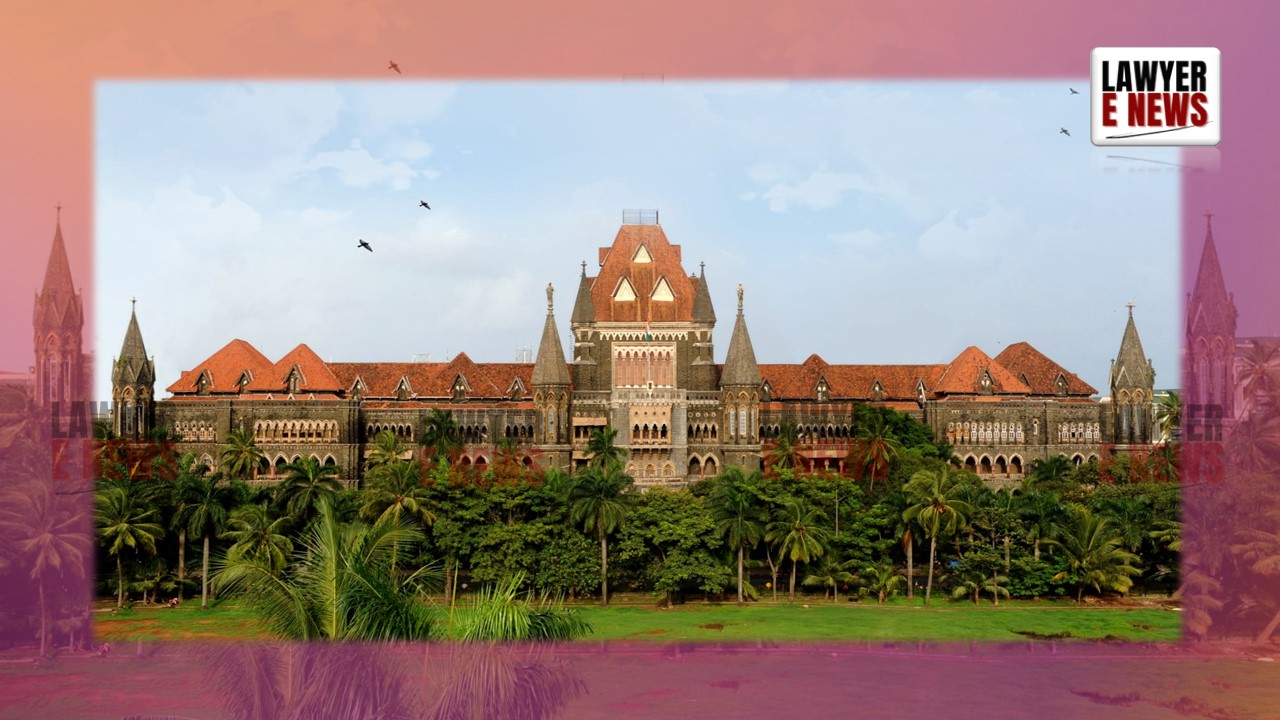-
by Admin
15 February 2026 5:35 AM



In a recent judgment, the Bombay High Court dismissed a public interest litigation (PIL) filed by Crimeophobia, a self-styled criminology firm, for being baseless and frivolous. The bench, comprising Chief Justice Devendra Kumar Upadhyaya and Justice Amit Borkar, observed that the PIL, which sought an array of diverse reliefs ranging from the establishment of an anti-organized crime unit to the creation of a "Bombay Cave Temple Commission," lacked any factual or legal foundation. The court expressed concern over the wastage of judicial time and imposed a fine of ₹10,000 on the petitioner, Mr. Snehil Dhall, the founder of the firm, cautioning him against filing such petitions in the future.
The PIL was filed by Crimeophobia through its founder, Mr. Snehil Dhall, claiming to provide expert opinion under Section 45 of the Indian Evidence Act as a criminologist. The petitioner sought the establishment of an Anti-Organized Crime Unit under the Maharashtra Control of Organized Crime Act (MCOCA) and compliance with United Nations protocols for tackling transnational organized crime. Additionally, the petition contained various other prayers, including the revocation of property leases in Aarey Milk Colony, the establishment of a 4000-acre cow farm, and the formation of commissions to oversee ancient cave temples and the revival of Hindu rituals.
The court criticized the petitioner for filing a PIL with multiple and unrelated prayers, some of which bordered on fanciful imagination. It observed that "the prayers made are not only omnibus in nature but also cover diverse subjects," which indicates that the petitioner aimed to impose his personal ideas on the State under the guise of public interest. The court stated, "It is not only that in the instant PIL petition multiple causes of action have been asserted, but also that the petition clearly suffers from the legal vice of misjoinder of causes of action."
One of the key observations made by the bench was that several prayers were beyond the jurisdiction of the court. For instance, the petitioner sought directions against UNICEF and the Government of New Zealand regarding the use of buffalo dried milk and the establishment of anti-organized crime units. The court firmly stated that such prayers could not be entertained under Article 226 of the Constitution of India. "Prayers made in the PIL petition against UNICEF (United Nations Organization) and New Zealand cannot be entertained by the court," the bench noted.
The court found that the petitioner had failed to establish any legal or factual basis for the reliefs sought. The bench remarked, "Even the averments made in the PIL petition are full of fancies which according to the petitioner are based on some research said to have been conducted by him." Furthermore, the court observed that the petitioner sought the enforcement of his own personal thoughts, without any regard for the legal framework. "No mandamus can be issued merely for enforcing a particular thought of an individual or an organization if it is not supported by any legal premise."
The judgment emphasized the court's duty to protect constitutional and legal rights. A writ of mandamus, as sought by the petitioner, can only be issued when there is an infringement of a legal right. In this case, no such infringement was established, and the court concluded that the PIL was filed with an ulterior motive, constituting an abuse of judicial process.
The court sternly remarked, "We find ourselves at a loss of words if we peruse the array of respondents where even the UNICEF, United Nations Office of Drugs and Crime, Consulate General of New Zealand, Chief of Defence Staff, Ministry of External Affairs, and the President of India's Office have been arrayed as respondents." The bench further noted, "Having devoted considerable time in hearing such pleas, we find it extremely difficult to comprehend and understand the very purpose of instituting these proceedings as a PIL petition."
The Bombay High Court's dismissal of the PIL serves as a reminder of the judiciary's responsibility to safeguard its time and resources from being wasted on frivolous matters. By imposing a fine of ₹10,000 on the petitioner, the court has sent a clear message about the consequences of misusing the judicial process. This judgment underscores the importance of ensuring that PILs are filed with genuine public interest in mind, backed by proper legal grounding.
Date of Decision: August 19, 2024.
